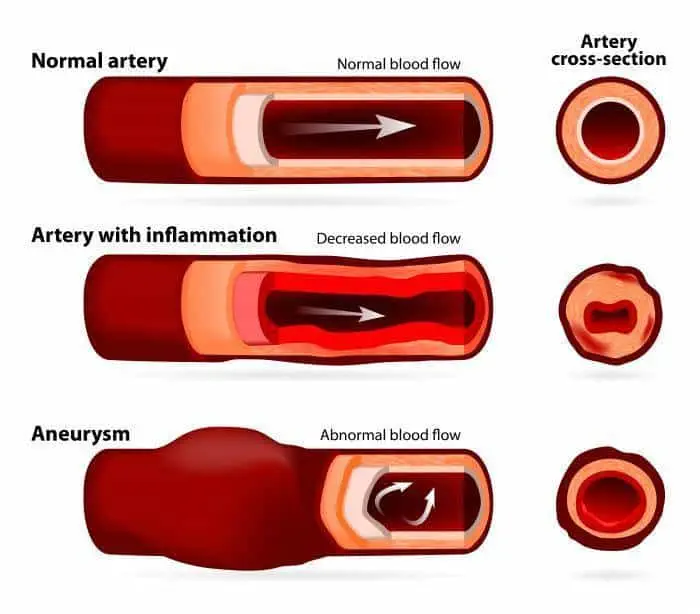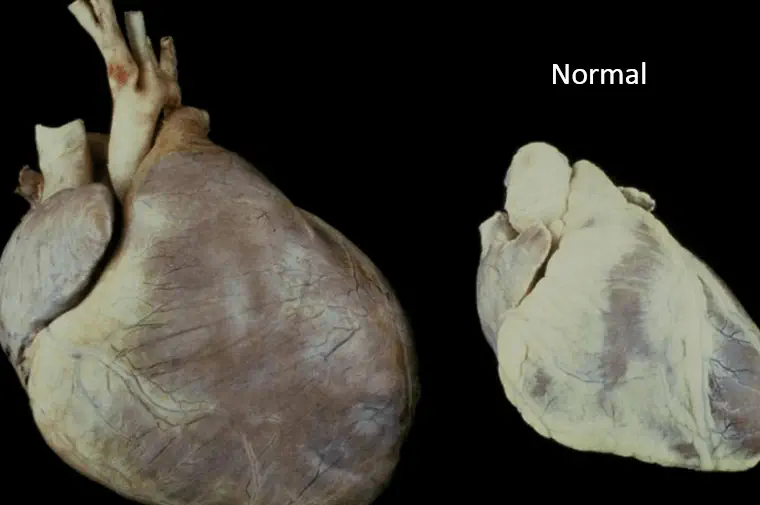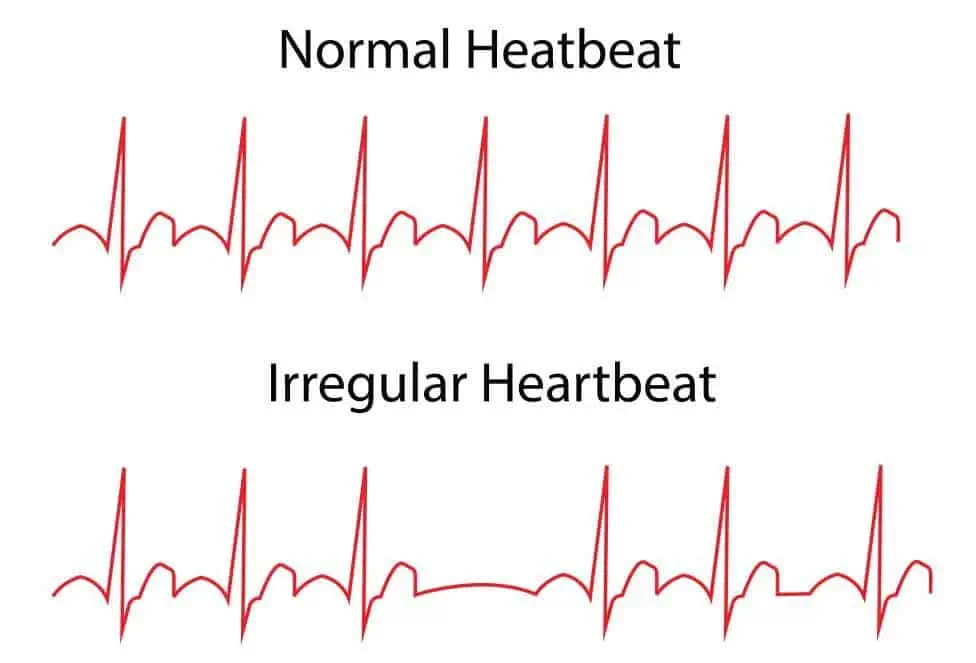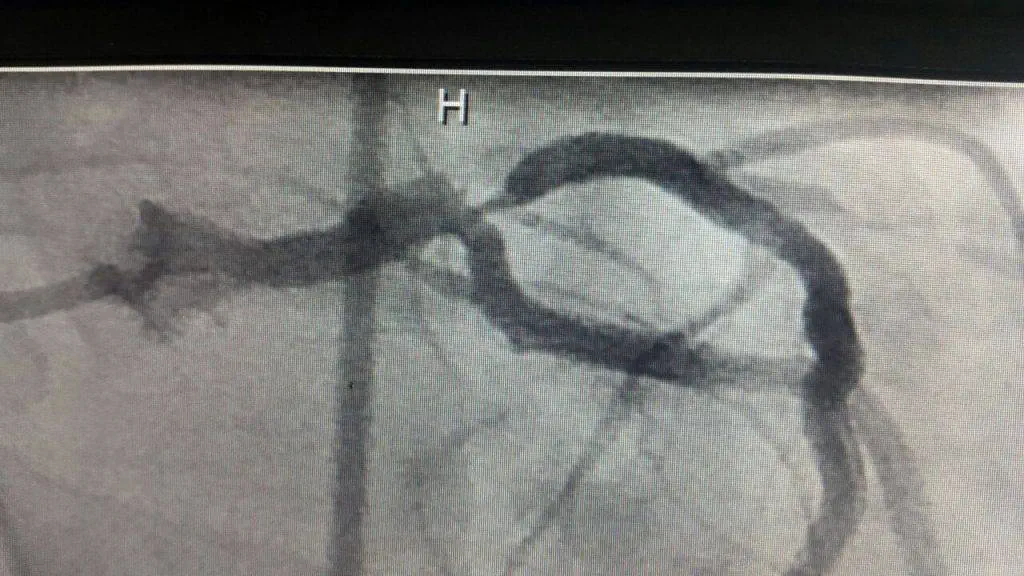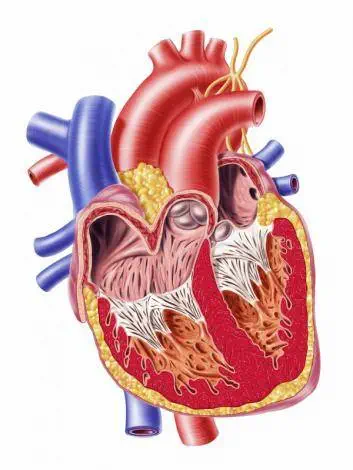Symptoms of heart disease in your blood vessels (atherosclerotic disease)
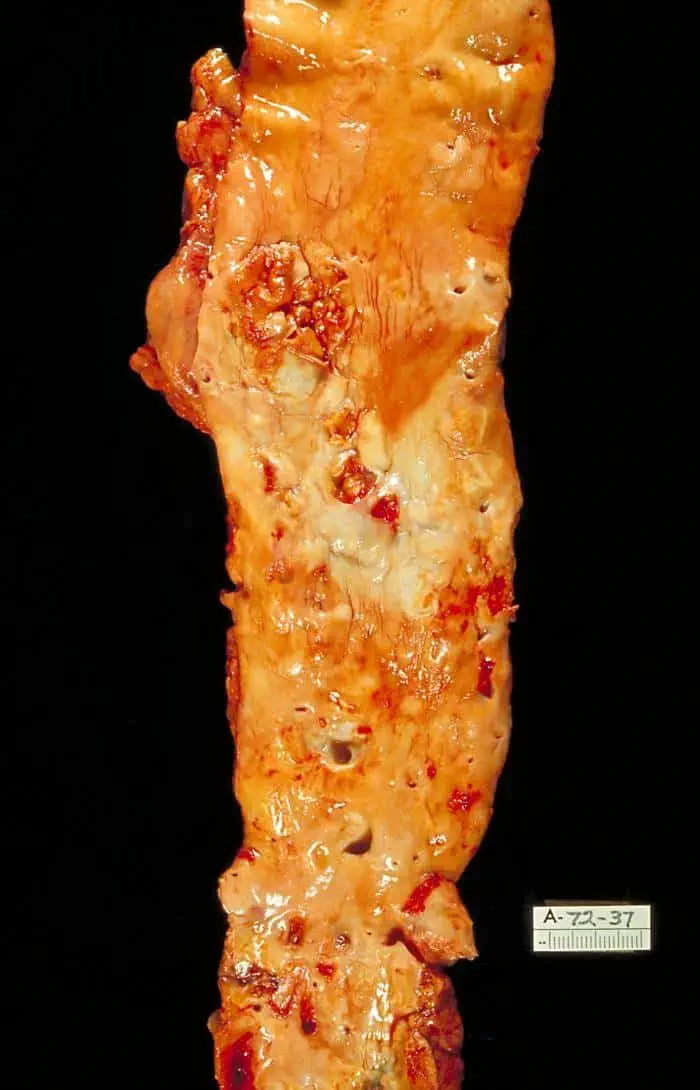
Cardiovascular disease is caused by narrowed, blocked or stiffened blood vessels that prevent your heart, brain or other parts of your body from receiving enough blood. Cardiovascular disease symptoms may be different for men and women. For instance, men are more likely to have chest pain; women are more likely to have symptoms such as shortness of breath, nausea and extreme fatigue.
Symptoms can include:
- Chest pain (angina)
- Shortness of breath
- Pain, numbness, weakness or coldness in your legs or arms if the blood vessels in those parts of your body are narrowed
- Pain in the neck, jaw, throat, upper abdomen or back
You might not be diagnosed with cardiovascular disease until you have a heart attack, angina, stroke or heart failure. It’s important to watch for cardiovascular symptoms and discuss concerns with your doctor. Cardiovascular disease can sometimes be found early with regular exams.

